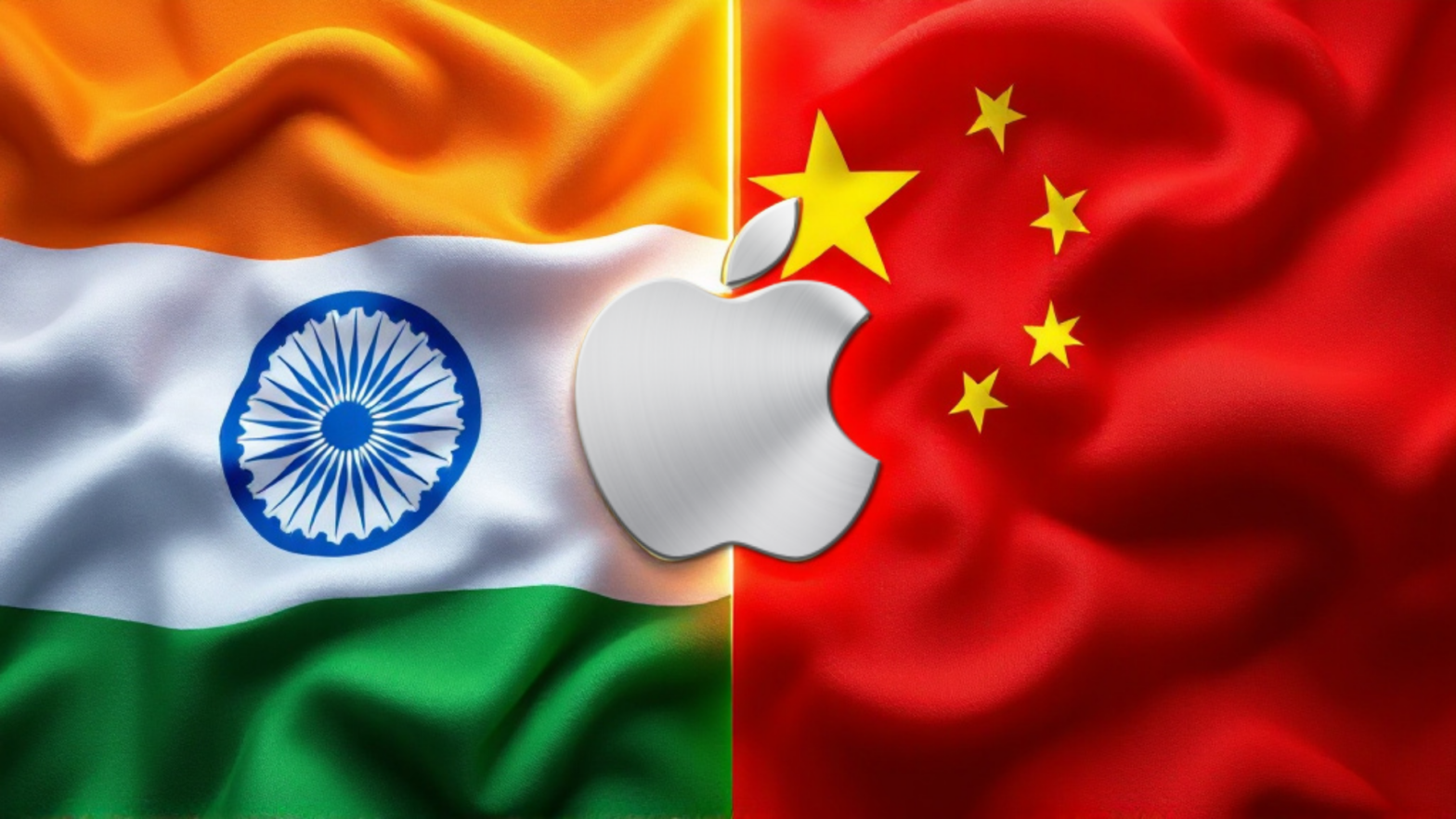In a groundbreaking development for India’s manufacturing sector, Apple has initiated the early production process for its upcoming iPhone 17 in India, marking the first time the tech giant has begun New Product Introduction (NPI) outside of China. This strategic shift represents a significant milestone in Apple’s ongoing efforts to diversify its supply chain and reduce dependence on Chinese manufacturing.
According to The Information, Apple has chosen an Indian factory to handle the crucial early manufacturing work for the base model iPhone 17. “The choice of an Indian factory for this stage of iPhone development highlights the progress Apple has made in diversifying its supply chain to India from China and its confidence in the capabilities of Indian engineers,” industry experts note.
This transition builds upon Apple’s growing presence in India since 2017. The company’s manufacturing footprint in the country has expanded significantly, with iPhone production increasing from just 1% in 2021 to approximately 7% in fiscal year 2022-23. The Times of India reports that this expansion has been facilitated by India’s Production Linked Incentive (PLI) scheme, introduced in 2020 to boost domestic electronics manufacturing.
Former RBI governor Raghuram Rajan offers a measured perspective on this development. “While this move represents progress, we must recognize that much of the manufacturing may still be assembly-based rather than involving significant local value addition,” Rajan cautions.
The decision comes amid ongoing global supply chain disruptions and geopolitical tensions. According to PBS, Apple’s production in China has faced significant challenges, including COVID-19 lockdowns that reportedly cost the company up to $1 billion weekly during peak disruptions.
However, challenges remain. Reports from Silicon UK indicate that Indian factories have experienced quality control issues, with only about 50% of components meeting Apple’s stringent standards. The company has responded by deploying engineers from California and China to train local workers.
Despite these challenges, Apple’s commitment to Indian manufacturing remains strong. While the iPhone 17 Pro models and the rumored iPhone 17 Air/Slim variant will still be developed in China, industry analysts predict that successful implementation of this initial phase could lead to expanded production capabilities in India.
Looking ahead, this move is expected to significantly impact India’s electronics manufacturing sector. Business World reports that the success of this initiative could pave the way for India to become a major global hub for high-end electronics manufacturing, potentially creating thousands of jobs and strengthening the country’s position in global supply chains.
















